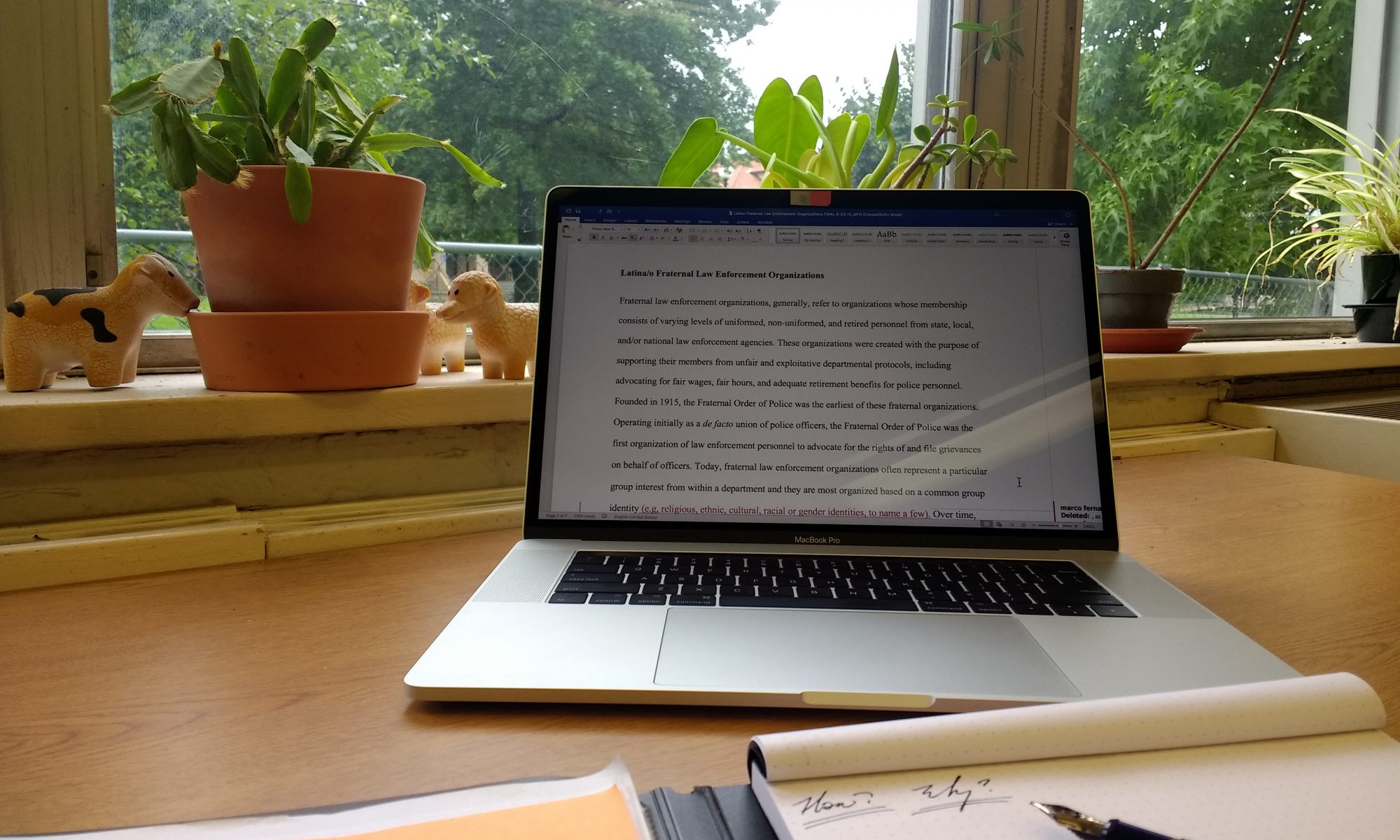“It may be assumed that since second language writers are in college, their language proficiency is no longer an issue… The first and most important step is to acknowledge openly that second language writers are not only learning how to write in a second language, they are learning a second language. Although these are intertwined in practice, in fact, they are different processes.”
-Jessica Williams, Second Language Writers In The Writing Center
The American educational system is unfair to second language learner students- especially of older generations. The critical time period of which language is the most easily attained within the brain ranges from infancy to 3 to 4 years of age. From 5-7 years of age, language acquisition is the most difficult and is less successful. After puberty, the window to learn a language proficiently is nearly closed. However, it is not impossible to acquire a second language pass this cognitive deadline, just extremely difficult. As native speakers of English, we use language without thinking about the very intricate components that make up the performance and process of speaking and communicating. However, second language learners must be constantly aware of placement of their articulators, prosody, etc. as well as pragmatic, syntactic, and morphological rules. I often think of myself in a similar scenario of those who come to America with little to no knowledge of the English Language.
Currently, I am studying elementary level Korean. Although I am apparently on an A level grade standing within the class, my ability to intelligibly communicate and understand the language at a decent rate is just a little above average on an elementary level. Now, think of this situation and apply it to SLLs in college level writing courses. Yes, they have passed and met all requirements in order to enter these class levels, but are they really on the college level of language usage and understanding? Both, I as a Korean language learner and the English as second language learner student, have passed the basic required classes for the specific language. However, if I were to be living in Korean, for example, my life would be extremely difficult. My ability to communicate with those around me would be hindered, therefore, hindering a comfortable life style. The difference between myself and the English language learner is that I have a choice, and they do not. By living in America, the educational system and society dictates to them that because they are in this country, the only way to properly live and communicate is in English. That of course is the most challenging and unfair, especially to those who have little to no knowledge of the language.
To work in the Writing Center, it is of more value to be sensitive to these issues and to be aware of the circumstances of SLL students, before focusing on the writing abilities of these students. As tutors, we must encourage second language learners to embrace their native language, while reiterating to them that learning a second language is very difficult in itself, let alone writing it. Their efforts and amazing accomplishments do not go unnoticed.



